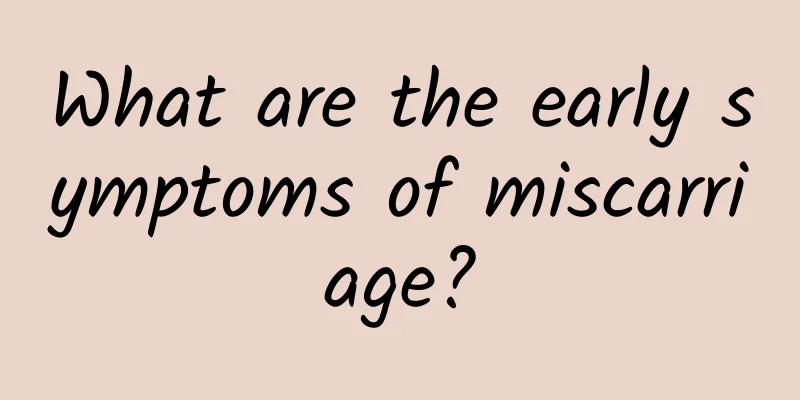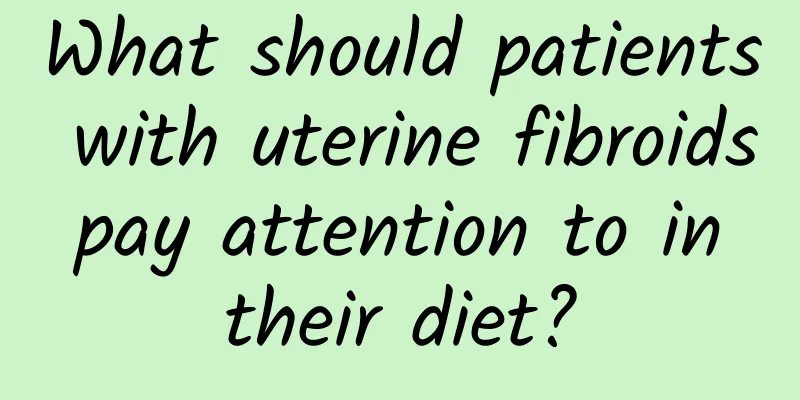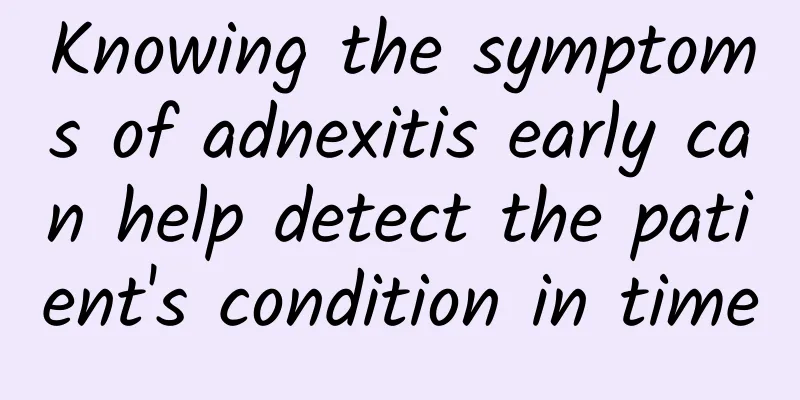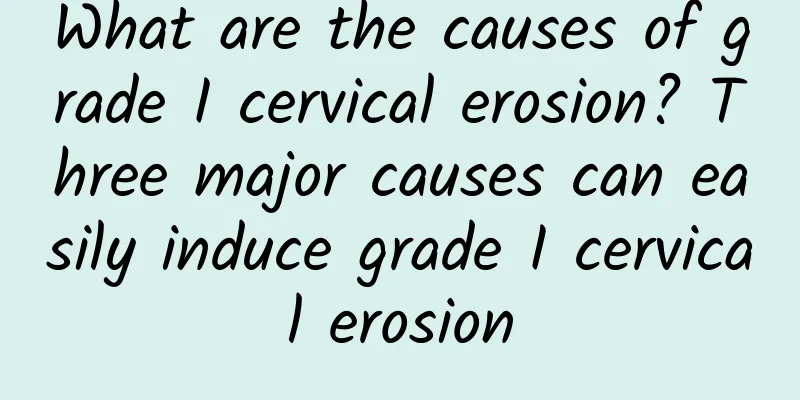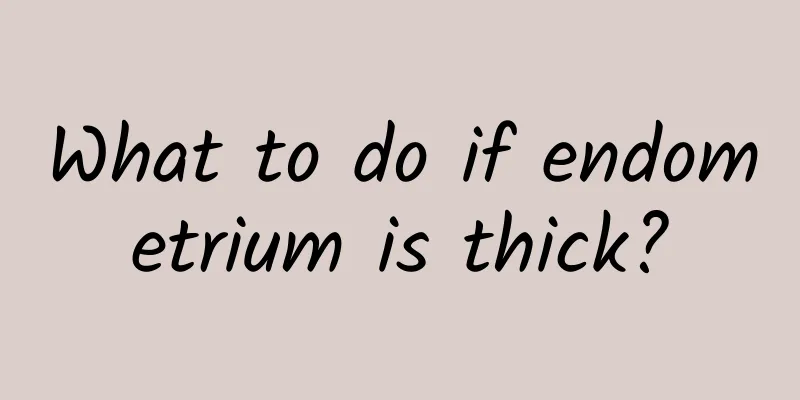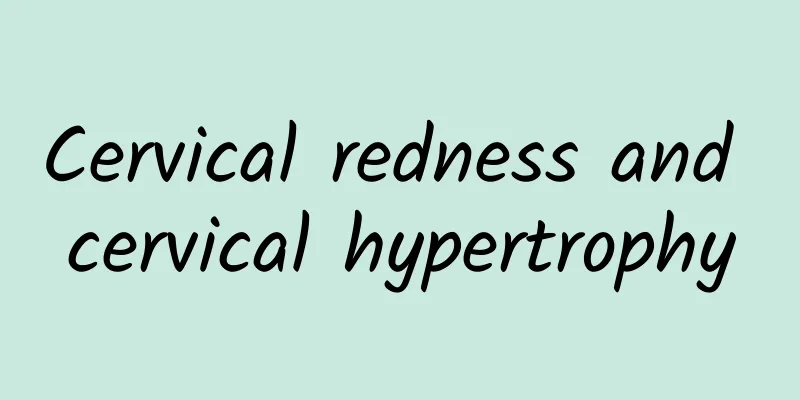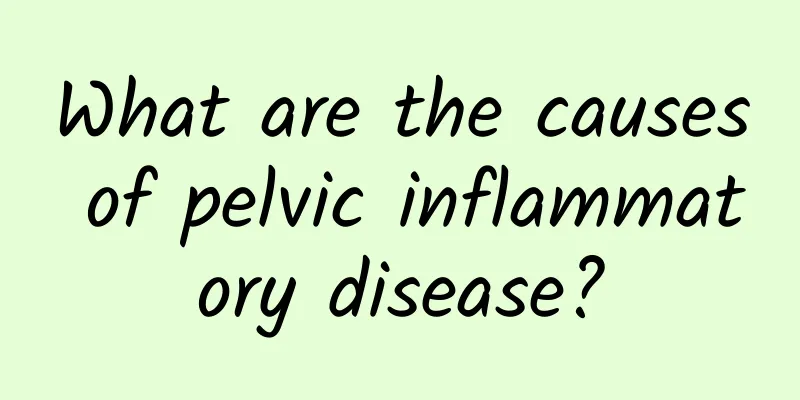Can’t stop eating? Five reasons why emotional eating can cause problems
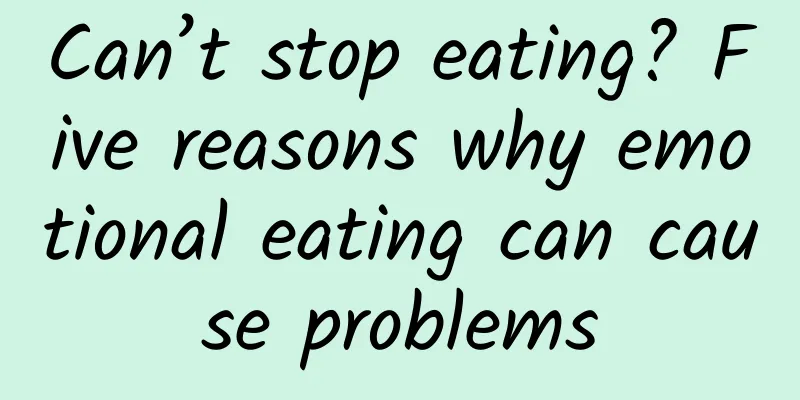
|
Most people believe that "gluttony" is due to their inability to control themselves and their brain waves are too weak. However, psychologists have found that long-term eating disorders are usually not a problem of self-control. This also tells us that there is really no absolute relationship between having a firm will and dietary control. So what is it that keeps us eating, eating, eating, and eating? According to nutritionist Yan's long-term observation, this condition can be classified as "emotional eating". 1. Eating unconsciously If you keep eating, it is very likely that you simply don’t know what you are eating or why you are eating. We call this behavior "unconsious eating." The most common situation is that even though you have finished your usual portion, you will continue to slowly eat the remaining food that you did not intend to eat or do not want to eat. This most often happens during snacks in front of the TV, or while eating and chatting with friends and family, unknowingly keeping putting food in your mouth just because it happens to be in front of you. Solution: Understand your body, listen carefully to the signals it sends, and regain your original feelings of "satisfaction". Our innate instinct to seek physical comfort makes our brains more sensitive to negative sensations such as pain and also leaves deeper memories of them. So if you ignore the hunger signals from your body, over time your brain will naturally release the need to be compensated, and you will gradually become less sensitive to the feeling of fullness. So regain the feeling of regulating your appetite. Use mindful eating, which is often mentioned in the slow food movement in recent years. Cherish every bite you take. Gradually, you will find that you can enjoy food more, are more willing to try different flavors, and no longer eat blindly. 2. Eating is the only source of happiness I often ask during consultations, what would your life be like if there was no time to enjoy delicious food? Most people would say that life seems to be meaningless. After working hard all day, it would be so relaxing to have a cone of chocolate ice cream or a few macarons! Indeed, according to some experimental studies on food addiction, eating high-sugar and high-fat foods will stimulate the brain to produce a morphine-like effect, making people feel comfortable and happy, but this condition is only temporary, and temporary happiness may disrupt the original regulation of autonomous endorphins. Over time, people will need to rely on these high-fat and high-sugar foods to feel happy, which is the so-called food addiction. Studies have found that people who want to lose weight or have eating disorders all have food addiction problems. Solution: Find ways other than food to reward yourself or make yourself happy! Studies have shown that exercise, art activities, music, etc. are all good ways to help regulate endorphins. Although these activities may not necessarily bring more shocking pleasure than eating a bag of chips or a piece of cake, at least you can learn not to let food control your mood, and learn how to make it easier for yourself to face lows when you are unhappy. 3. Not dealing with negative emotions As a conservative Asian people, we have been taught since childhood to be patient, try not to mention bad things, and avoid sharing embarrassing and annoying situations with others. However, psychologists tell us that simply controlling yourself to think positively and trying hard to divert your attention are not the best ways to deal with things. Studies have found that people who cannot handle their negative emotions well are more likely to have problems with emotional eating. Solution: Try to face these difficult moments and understand your own mood. Of course, nutritionists know that it is hundreds of times more difficult to actually do it than to just talk about it! None of us wants to be angry, sad, rejected, or bored or have a dull life. However, if we don’t learn how to face these feelings, it will be easy to use eating as a tool to vent. Therefore, give yourself more time to slowly digest these complex negative emotions. Life has lows and highs. While staying optimistic, also give yourself an outlet to vent without using food. 4. Self-loathing Although it may sound a bit contradictory, when you look deeper, emotional eating or binge eating is actually a way of executing self-loathing. Dissatisfaction, rejection, or shame about oneself can eventually lead to self-destructive eating behaviors. Many people will tell nutritionists that as long as they reach a certain weight target, they will start to stop hating themselves. But in fact, nutritionists want to remind everyone to think the other way around. We should first love ourselves and accept our current weight situation before we can truly get rid of the bad habit of emotional eating. Solution: Unfortunately, self-loathing is usually very complicated and personal because there are so many factors involved. So if you really want to sort out your feelings, come and talk to a nutritionist or a psychological counselor like Yan! 5. Physiological reactions Skipping meals, allowing yourself to get too hungry, or being too tired or busy to sit down and eat are all factors that lead to emotional eating. Just as I mentioned in the first point above, if you ignore the brain's signals for a long time, your body will eventually lose its self-regulation, and it will be more difficult to find your balance when faced with endless food temptations. Solution: That’s right! Just find time to eat well and give yourself enough sleep and leisure time every day. These are also the only way to live a healthy life. You may complain to a nutritionist that if I had taken good care of myself from the beginning, I would not have the problem of emotional eating now. It is because of lack of time and high pressure that I have become like this today. Yes, that is why we need to break this negative cycle. Changing habits is definitely not an easy task. It takes a lot of thought and effort to make the brain that is accustomed to the old ways cooperate with us. We definitely need the help of a nutritionist or a psychologist. So give yourself some time and think it over carefully! Only when you have clarified your priorities in life can you truly take the first step towards a healthy life. This article comes from: Mango Social Enterprise ※For more information, please see "Mango Social Enterprise" |
<<: Lose weight without hibernation! Secret weapon: Vitamin B supplementation
>>: Getting fatter the more you lose weight? Nutritionist advice: Break these three myths first….
Recommend
What complications can cervicitis cause?
If cervicitis is not treated in time, it may lead...
It is necessary for people to master the prevention methods of uterine fibroids
At present, the incidence of uterine fibroids is ...
Afraid of getting fat and not daring to eat meat? Japanese weight loss doctor: Lack of protein makes you fatter, check if you are protein deficient with these 2 signs
Many women who love beauty are afraid to eat meat...
Will uterine fibroids affect pregnancy? What are the effects of uterine fibroids on pregnancy?
As people's living standards generally improv...
Eat like this after exercise and you will lose weight! The key code is here...
How to eat after exercise without getting fat? Do...
Symptoms of cervical adhesion after abortion
After an abortion, some women may experience cerv...
Ovarian chocolate cyst pain symptoms
Ovarian chocolate cyst pain symptoms: Ovarian cho...
What should I do if the miscarriage is incomplete after abortion?
During the abortion, the surgeon must be aware of...
Slow muscle training method does not turn muscles into fat
I never gained weight when I was a student, but a...
Body Sculpting Tutorial - Building Beautiful Legs and Buttocks (Part 1)
How strange! Do you want to exercise, but you are...
What does a weak positive ovulation test paper mean before menstruation?
Normal women of childbearing age have menstruatio...
How much does it cost to treat intrauterine adhesions?
Intrauterine adhesions are a gynecological diseas...
6 warming spices to burn fat and lose weight
As the temperature drops in autumn and winter, th...
What causes leucorrhea odor in pregnant women?
The odor of vaginal discharge in pregnant women i...
Is cervical erosion hereditary?
Many women suffer from cervical erosion, so they ...
